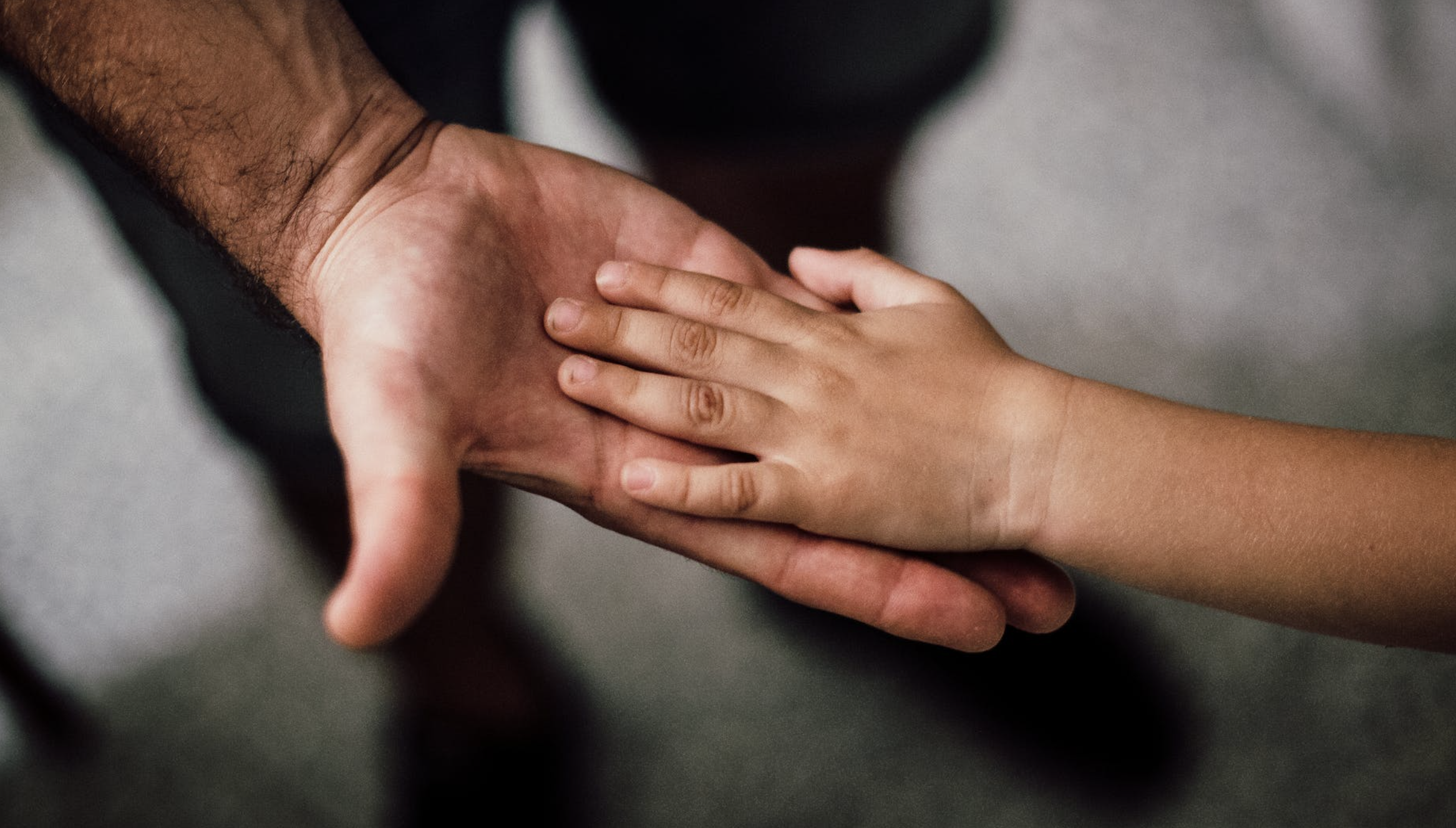
Coping with Divorce: Helping Children Thrive
By Annie Miller, LMFT
When a parent’s marriage ends in divorce, it is important to help nurture a child’s understanding of family. Divorce is an adult decision, one in which a child can often feel voiceless and alone. In the midst of a divorce transition, it is vital to help foster an environment where a sense of family remains intact for the children involved. This sense of family remains their anchor, even when the familiar structure they have known begins to change. Consider these five key factors for helping your child cope with and thrive through divorce:
- Affirmation of each parent’s love.
Convey with great care how much you love your child, and will always love your child. Sometimes children may wonder… if mom and dad stopped loving each other, could they stop loving me, too? Children need to hear often during the divorce transition and moving forward the affirmation of how much they are loved.
- Children often hold on to a hope that their parents will reunite. If children hold on to this false hope for too long, it may delay their healthy development and transition into the new family structure. You can help to prevent this false hope with clear and direct conversation about the permanence of divorce and model this with a positive co-parenting plan with your ex-spouse. Help children adapt to the new family structure you will be creating for (with) them and help them know what they can expect going forward.
- Model consistent, predictable messaging and tone that children are safe and will be cared for no matter what changes may take place between their parents.
Key things to consider:
- Transition: You may have had more time to mentally/emotionally prepare for a divorce while kids usually haven’t. Go slow. Listen. Observe. Transitions take time.
- Routine: Try to maintain some similarity to their usual routines. Slowly help them to create new routines with you and encourage the same with their other parent.
- Reassurance: As changes happen, seek to model a sense of “okayness” with your child. This will help translate to them that ‘‘my mom may feel sad but she’s okay and can take care of me. I am safe and loved’’. While you may have many feelings you are processing, stay engaged with your child and find your own support, too.
When the process of divorce begins, many changes begin to happen within your child’s normal structure and daily routine. They need to see that their parents will still be okay and will be able to take care of themselves and their children. This creates stability and reassurance.
- Explain clearly that their parents divorce is not the child’s fault.
Sometimes children may turn blame inwards when their parent’s marriage breaks down. Maybe if I hadn’t disobeyed mom, they wouldn’t have started fighting… If I didn’t fight with my sister so much, maybe this wouldn’t have happened.
Keep a clear, consistent message that divorce is never a child’s fault, and is a grown-up decision.
- Keep children out of the middle of the divorce and custody.
Keep your child out of the adult decisions of divorce; let them simply be kids. When children and teens become privy to too much information about the divorce, such as your frustrations with your ex-spouse, it can create a myriad of difficult feelings for a child to manage. Put children first by managing your divorce affairs without putting your children in the middle of the chaos or forcing them to choose sides.
These five key factors will help children to better adapt during the midst of the difficult life transition that impacts many families experiencing divorce. Parents should seek their own support while maintaining stability for their children. Counseling for those going through divorce and co-parenting can be an important support for helping families to transition into this new chapter in healthy ways.
